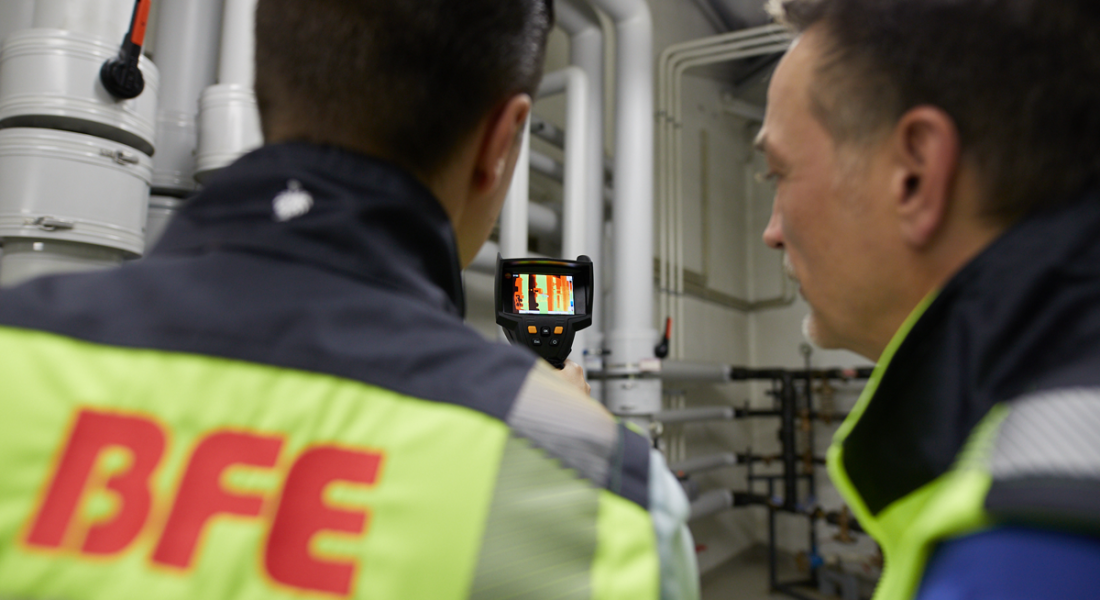Energy audit: changes and recommendations you should know about now

All companies, with the exception of SMEs, are required by the Energy Services Act (EDL-G) to carry out an energy audit in accordance with EN 16247-1, which must be repeated every four years. As this has been in force since 2015, many companies will be due for their second repeat audit in 2023. What you should already know now.
The EDL-G was already amended in November 2019, but the changes will only take effect for most companies when the repeat audit is due. The most important changes are
- Higher requirements for the content and structure of the energy audit report, and there are also new requirements for profitability calculations.
- Changes to clustering: it is no longer possible to form clusters for production facilities and hospitals, but company groups have better options.
- Auditors must undergo regular training.
- Companies must provide proof on the BAFA online portal after the audit has been carried out.
- For a total energy consumption of less than 500,000 kWh/year, a data report on the BAFA portal is sufficient.
The energy audit obligation does not apply at all to non-SMEs with an energy management system in accordance with ISO 50001 or an environmental management system in accordance with EMAS. Of these options, the energy audit is the simplest. This is because it is sufficient to name efficiency measures and their implementation is optional. However, this also means that the audit involves a certain amount of effort, but brings no benefit.
Energy management system: more effort, much more benefit
It istherefore worth consideringthe introduction of an energy management system. It enables companies to reduce their energy consumption in a targeted and sustainable manner - and therefore also their energy costs and CO2 emissions.
An additional plus: there are currently many subsidies availablefor an appropriate energy management system and for the implementation of efficiency measures : The BAFA subsidizesthe purchase, installation and commissioning of measurement technology and energy management software with up to 40%. For measures, there are federal subsidies for efficient buildings (BEG) and for energy and resource efficiency in the economy (EEW), as well as subsidies at municipal, regional and state level.
If the energy management system is certified in accordance with ISO 50001, companies can also benefit fromprivileges, e.g. from the EEG redistribution reduction or peak equalization .
Conclusion:
An energy audit is the method of choice for companies that want to keep costs to a minimum, or as an introduction to an energy management system in accordance with ISO 50001.
An energy management system is recommended for energy-intensive companies that want to continuously improve their energy efficiency. In most cases, ISO 50001 certification is required for privileges.
An energy audit plus closes the gap between these options. It uses the findings from the audit and supplements them with practical applications to achieve efficiency improvements. It also provides a good basis for the introduction of an energy management system.
Outlook:
With the "Fit for 55" package, the EU Commission aims to reduce greenhouse gas emissions in the EU by at least 55% by 2030 compared to 1990 levels. A draft from the Commission envisages making the energy audit obligation dependent on a company's total energy consumption. If this is very high, an energy management system is to become mandatory.